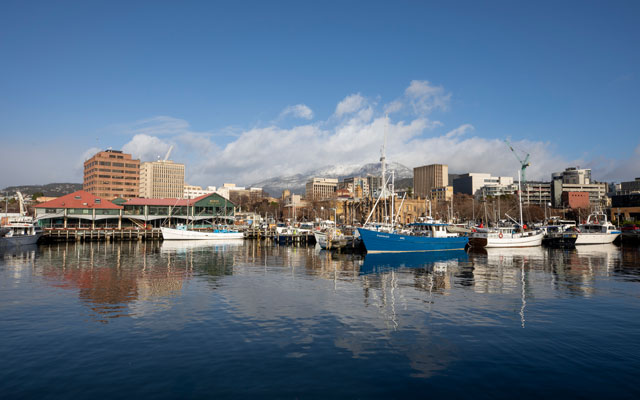Traditionally stronger on the leisure front, Tasmania’s business events sector has been quietly growing over the years, with future plans boosted by the announcement of major improvements to its infrastructure this year.
For instance, Hobart’s upcoming waterfront stadium, slated for completion in 2029, will open the gates for the island state to host more large-scale events.

Business Events Tasmania’s CEO, Marnie Craig, told TTGmice: “Business Events Tasmania is working closely with the Tasmanian Government on the design of the stadium and surrounding precinct to maximise business event outcomes. The aim is to grow our capacity and capability so we can host events for 2,500 people.”
Craig pointed out that Tasmania is currently able to comfortably host business events of up to 1,100 people, and enjoys a “strong reputation internationally in Antarctic science, agriculture, maritime and renewable energy”, which is where their target opportunities lie.
“While we have traditionally enjoyed a strong domestic market for both association and incentive business, after the opening of large brand hotels, particularly in Hobart, we have seen strong growth in international incentives,” she added.
Aside from the waterfront stadium, Hobart Airport has finalised plans to upgrade its runway, taxiway and apron, which will open up the potential for new passenger flights to hubs like Singapore or Hong Kong from Hobart, Sarah Clark, CEO of Tourism Tasmania, shared on the sidelines of the Australia Marketplace South East Asia 2023 held in Singapore.
Business events help to bring in opportunities during the shoulder winter season. In June 2023, six conferences held brought 1,000 people to Tasmania, producing an economic impact of A$3 million (US$2 million) dollars.
Tasmania also has in place, its own Business Events Attraction Fund (BEAF), which has invested A$1.1 million to win 48 events, bringing nearly 15,000 delegates and a direct economic spend of A$51 million since Business Events Tasmania took over management of the fund in September 2021.
Craig opined: “Tasmania is a strong leisure market for the same reasons that the MICE sector is thriving – there is space to think clearly, the ease of accessibility and walkability of our cities, and the connection to a rich cultural heritage and close and connected community of Tasmanians doing extraordinary things.”





















